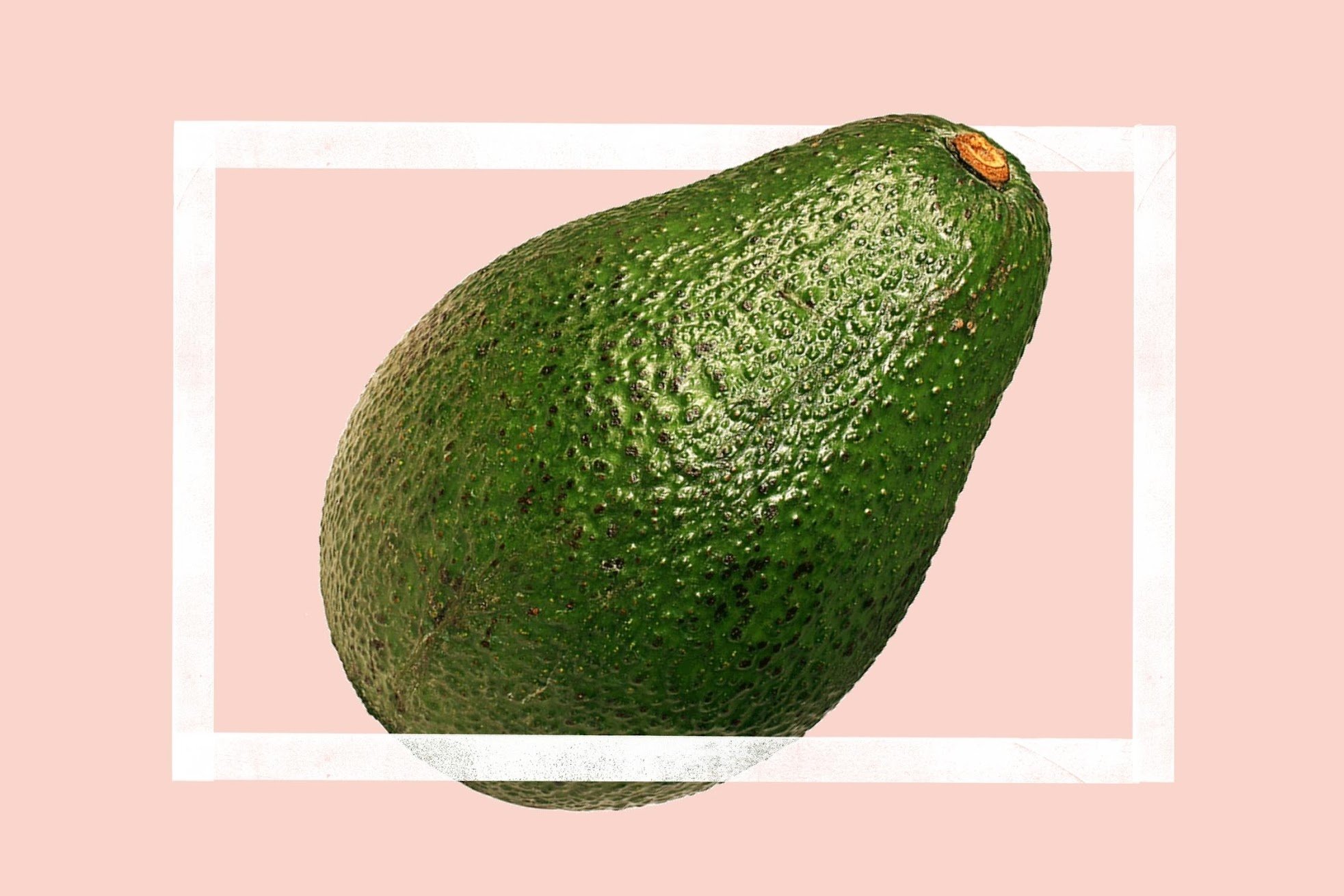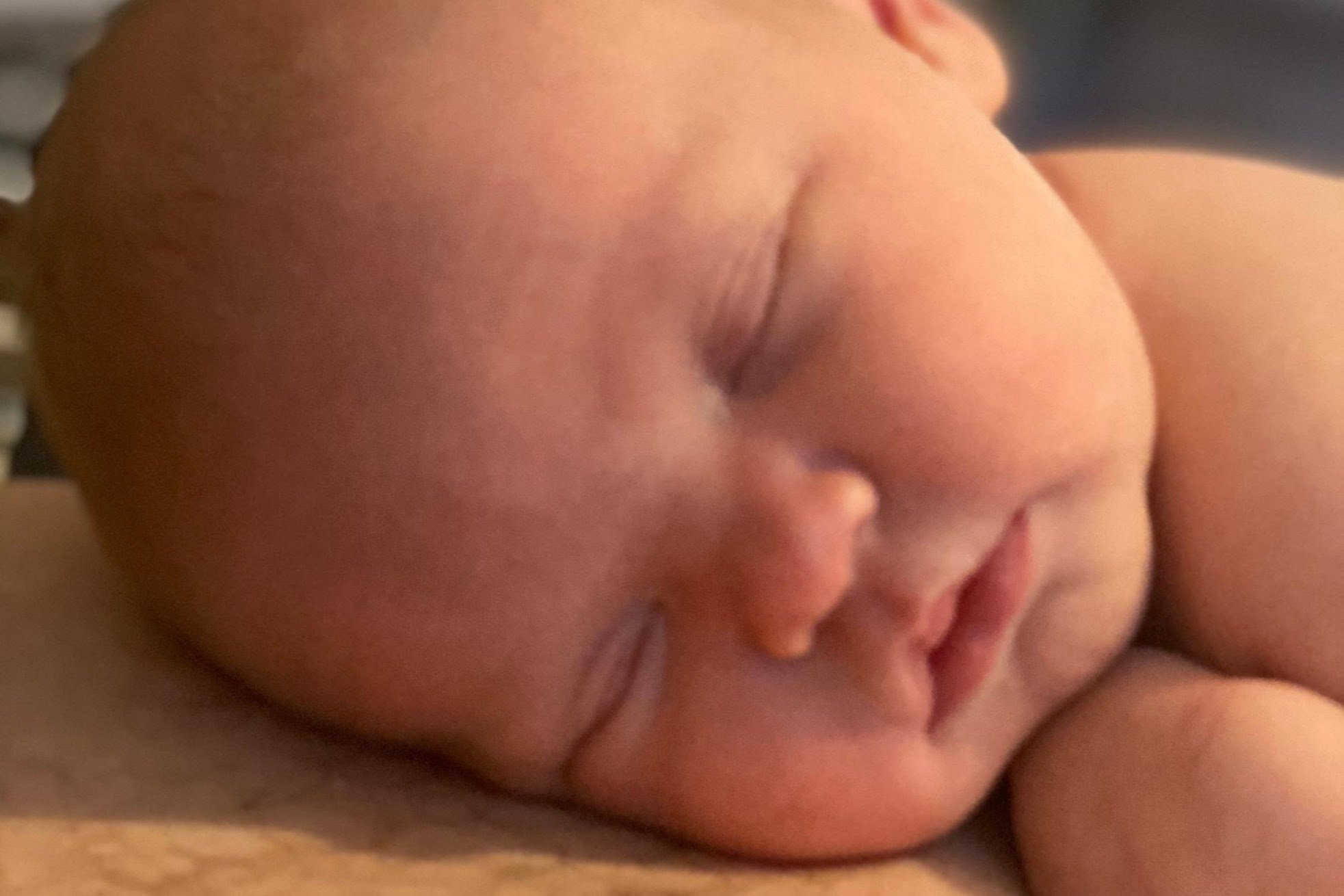Week 16: Feeling your baby move
Image: @k8devin
Welcome to week 16 of the Happy Parents Happy Baby guide to pregnancy, birth and beyond.
This week we'll be covering:
We hope you enjoy it!
Feeling your baby move
You will usually start to feel your baby move between 16-24 weeks of pregnancy. The movements will often start off as small flutters and gradually increase to bigger and stronger kicks and rolls.
Regular movement is a great sign that your baby is doing well and will increase until around 32 weeks of pregnancy and then the frequency and pattern will remain roughly the same until you give birth.
Some people may tell you that movements reduce as the baby gets bigger- this is not true!
You should be able to feel your baby moving regularly until you give birth.
If you are concerned that your baby is moving less or their pattern has changed then call the midwifery unit that same day. Don’t worry about disturbing anyone - the midwives will be ready to answer your call 24/7 and will be happy to speak to you and invite you in to check you and your baby. Even if it’s 2am – please call them that same night and do not wait until the morning.
If movements reduce again after being checked then make sure you phone again – the midwives are happy to see you as many times as needed.
Please do not use home dopplers, monitors or apps to monitor your baby’s heartbeat. If you’re worried, always ask your midwife to check for you as they’re trained to listen to lots of different things and the presence of a heartbeat is only one of the things they’re listening for.
Your baby’s development in week 16
Size of an avocado
Weighs around 90-110g
Around 11.6cm long
This week the muscles in your baby’s face are starting to move and while they can’t control them yet, expressions will be starting to form.
The muscles in your baby’s limbs are also continuing to form and they may now be able to put their hands together and form fists.
Week 16 Checklist
You might like to:
Consider cotton underwear. During pregnancy you can be more prone to developing vaginal thrush, especially if you have gestational diabetes. Cotton underwear is more breathable and absorbent so will reduce the chance of yeast growing.
Use a humidifier for a blocked nose. If you’re experiencing nose congestion or nosebleeds, you might want to see if a humidifier will help. They put moisture in the air which can help ease congestion.
Spotlight on: Round ligament pain
Each week we'll be delving into the common symptoms of pregnancy and bringing you top tips for managing them from our team of specialists and parent community.
Round ligament pain
Round ligament pain is a very common symptom in the second trimester. It’s a growing pain, which makes sense because this is when your baby goes through some impressive growth spurts.
Why?
This type of pain happens when the pelvic ligaments that support your uterus stretch and soften as your baby and tummy grow. The pain is typically felt in the lower part of your belly and your groin area. The pain will feel different for everyone but it could be anything from an ache or cramp, to a stabbing pain. It can occur on only one side of your body or both. The pain could be triggered by something like moving quickly, sneezing or coughing and usually only last a few seconds.
It can feel worse if you’re moving around a lot and women carrying multiples may experience it more.
Round ligament does not harm your baby and it should disappear once you’ve given birth and your uterus starts to go back to its normal size again.
Top tips:
Luckily for most the ache doesn’t last long and you’ll probably start to become accustomed to what activities cause it to happen. Avoid sudden movements and try to get up and sit down slowly. Rest as much as you can, your body is going through a lot of changes.
Some find a belly band or belt can help relieve some of the aches and pains caused by the weight of your bump and give you extra support.
Stretching and exercising can also help relieve discomfort.
If symptoms persist ask your midwife or GP to refer you for physiotherapy. You may also opt to find a physiotherapist privately - but always check they are qualified to support people during pregnancy.
Birth story of the week
This week we catch up with Jade and David from our live-online course and they share the birth story of their baby Evelyn.
“My pregnancy overall was fairly easy. I had quite a lot of scans in the beginning due to concerns about my cervical size as I had previous Lletz procedures - however, I was discharged at 24 weeks. We also experienced reduced movements throughout my pregnancy, which were explored with a CTG and apart from that, it was all fine. I used the HPHB Instagram throughout my whole pregnancy taking part in pregnancy yoga and lots of the live discussions such as sleep advice, maternity leave advice etc. I also did some of the hypnobirthing sessions before bed, which were great.
“In terms of the birth, considering it was my first baby, it all went so quickly. I had tummy cramps all day and night the day before but nothing unbearable. Then the next morning they were still there and I started having some slight tightenings. I went into the DAU to be checked over because of constant pains and they confirmed I was 2cm dilated, which I couldn't believe. When I got home my waters broke immediately and my contractions were then every minute and a half. I called the labour line and went straight back to hospital - I was now 4cm.
“Then suddenly it was pushing time and she came 3 hours later. Due to how quick it was I only had time to have gas and air and diamorphine. Even though the birth was a whirlwind I felt completely prepared due to the HPHB course.”
What a lovely birth story!
Treat of the week
As your bump grows there may be days when it feels uncomfortable carrying the extra weight around.
This BBHugme maternity support belt can help make life a bit more comfortable by supporting your pelvis, back and belly.
Use code HPHB10 for a discount
Products are based on suggestions from our specialists and community of parents. We may earn commission from shopping links.
Join our community
Happy Parents Happy Baby is here to support you through every step of your pregnancy, birth and parenting journey.
Connect with other parents-to-be and learn everything you need to know, by joining our award-winning antenatal classes.
That's all for now...
Thank you so much for joining us!
Have a great week.
Team HPHB x
Information you
can trust
Our articles are based on the latest-evidence based guidelines and scientific research and are written by our team of medical experts.
Coming up
next week
Vaccines in pregnancy
Spotlight on: greasy/spotty skin
Check out our instagram page for extra resources from our team of experts and for free live events, such as pregnancy relaxation sessions
Follow us @happyparents.happybaby











